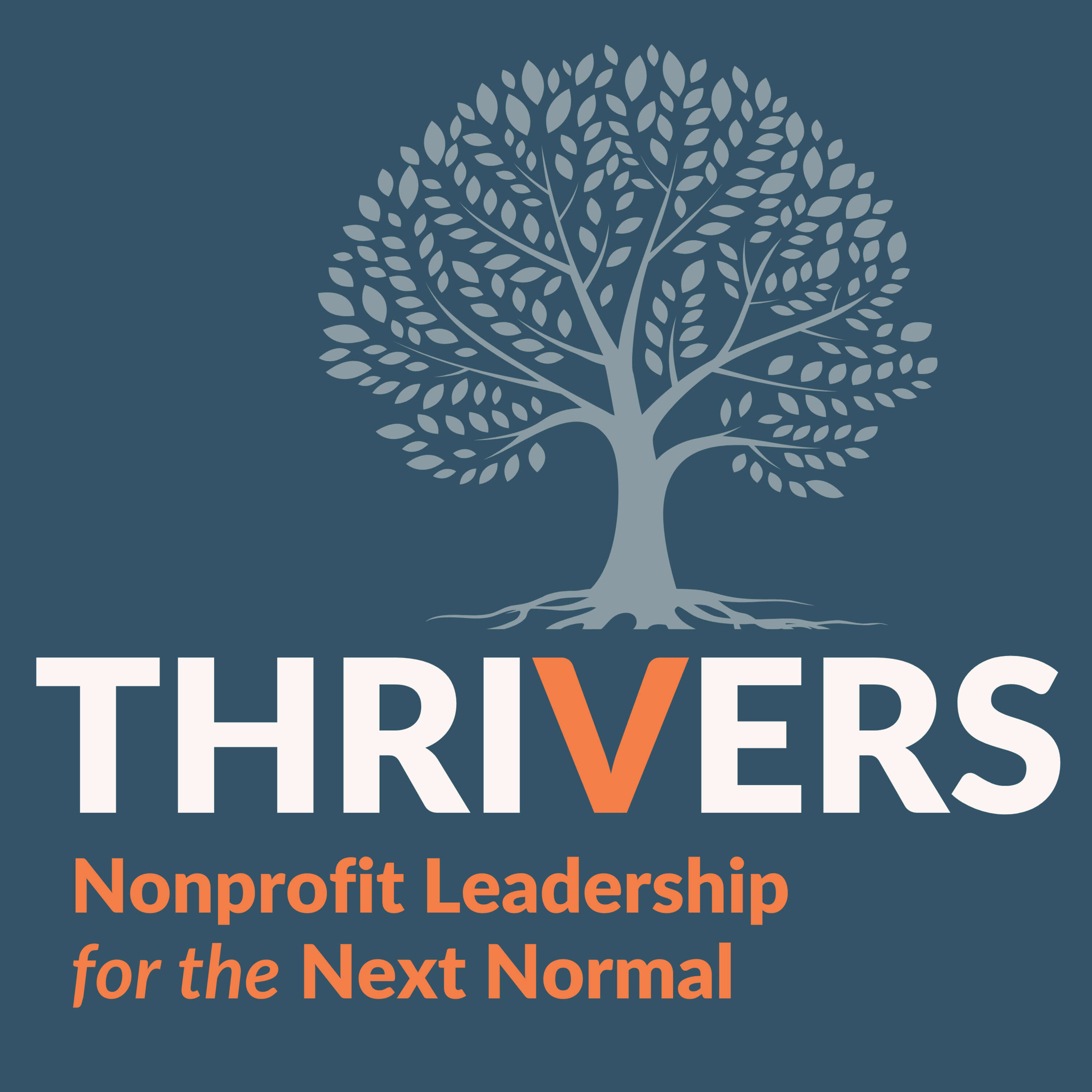- After-Shows
- Alternative
- Animals
- Animation
- Arts
- Astronomy
- Automotive
- Aviation
- Baseball
- Basketball
- Beauty
- Books
- Buddhism
- Business
- Careers
- Chemistry
- Christianity
- Climate
- Comedy
- Commentary
- Courses
- Crafts
- Cricket
- Cryptocurrency
- Culture
- Daily
- Design
- Documentary
- Drama
- Earth
- Education
- Entertainment
- Entrepreneurship
- Family
- Fantasy
- Fashion
- Fiction
- Film
- Fitness
- Food
- Football
- Games
- Garden
- Golf
- Government
- Health
- Hinduism
- History
- Hobbies
- Hockey
- Home
- How-To
- Improv
- Interviews
- Investing
- Islam
- Journals
- Judaism
- Kids
- Language
- Learning
- Leisure
- Life
- Management
- Manga
- Marketing
- Mathematics
- Medicine
- Mental
- Music
- Natural
- Nature
- News
- Non-Profit
- Nutrition
- Parenting
- Performing
- Personal
- Pets
- Philosophy
- Physics
- Places
- Politics
- Relationships
- Religion
- Reviews
- Role-Playing
- Rugby
- Running
- Science
- Self-Improvement
- Sexuality
- Soccer
- Social
- Society
- Spirituality
- Sports
- Stand-Up
- Stories
- Swimming
- TV
- Tabletop
- Technology
- Tennis
- Travel
- True Crime
- Episode-Games
- Visual
- Volleyball
- Weather
- Wilderness
- Wrestling
- Other
The Role of Dissent in a Learning Organization
“Do I make room for dissent in my organization?”
As leaders, we tend to equate harmony and collaboration with being a positive learning environment. In reality, the ability to disagree without fear of repercussion is often a stronger indicator of the health of our teams.
As nonprofit leaders, how can we cultivate an environment of continuous learning and open discourse within our organizations?
The traditional leadership model, which links authority to possessing all the answers, can inhibit growth, stifle creativity, and limit engagement. In this episode of THRIVERS, Tucker and Sarah navigate the rewarding yet demanding transformation from an authoritative 'know-it-all' to an adaptive 'learn-it-all' culture, through creating an environment that is open to disagreement and imperfection. They explore the dynamics of embracing vulnerability and reframing dissent, illustrating how these practices can empower teams, stimulate innovation, and drive meaningful change.
Throughout their conversation, they explore several crucial insights for nonprofit leaders:
Understanding the power and importance of dissent and how it can fuel growth and innovation in the organization.
Recognizing that vulnerability and fallibility are not signs of weak leadership, but rather an opportunity to foster trust, empathy, and openness within the team.
The significance of acknowledging and appreciating dissent, as it not only encourages participation but also stimulates a learning culture.
Exploring the benefits of a supportive environment and the necessity of communities of support for nonprofit leaders.
Tune in for an engaging discussion on reframing dissent, nurturing a culture of learning, and evolving leadership paradigms in the nonprofit sector.
Listener Links/Resources:
Peter Senge Video about Learning - "Prevailing system of management is destroying people." https://www.youtube.com/watch?v=Fln7GnBNWmo
Behaviors That Reinforce Learning Worksheet - https://drive.google.com/open?id=1bRfiCgm5oAOTzAOy5xjwTP-RMzNLwZcj&usp=drive_copy
Want to bring Learning Organization training to your team? -- set up a design call with us -- https://meetings.hubspot.com/tucker-wanna/design-session-call-private-intensives-
Need to create a strategic plan (or breathe life into your existing one)? Schedule a free Design Session and we'll explore the areas of opportunity and co-create a plan that fits your organization's needs and budget.Schedule a Design Session

